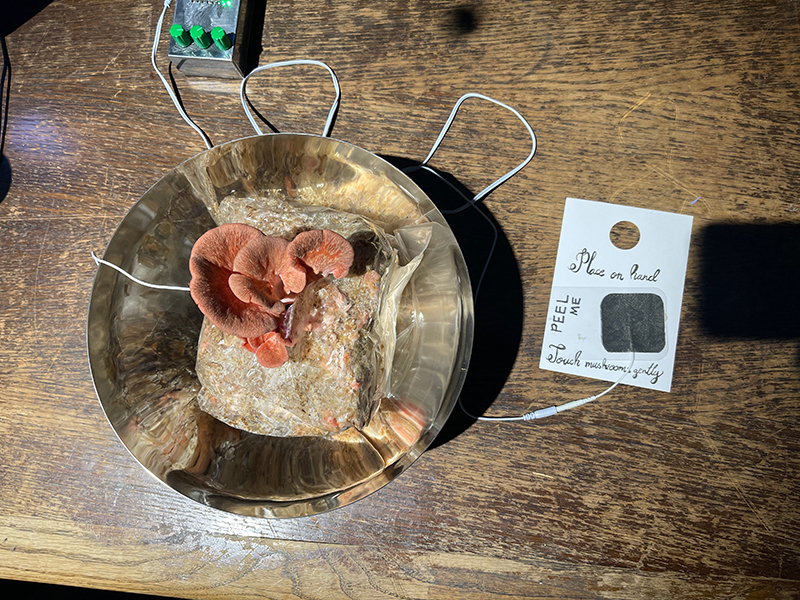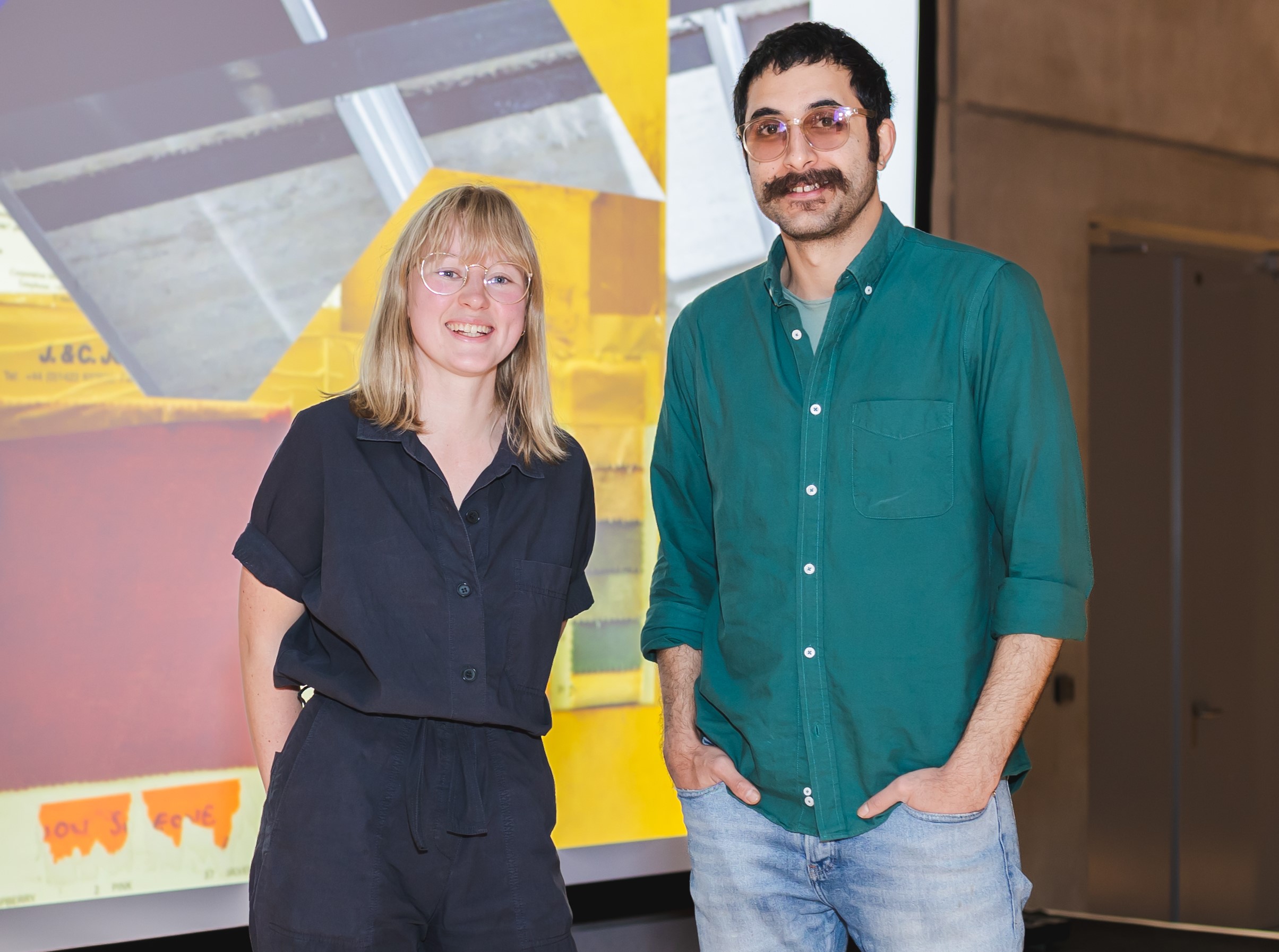Video | Thursday, 19th April 2018
University installs new smart city battery to drive energy efficiency
Green technology forms part of the EU's Triangulum project
Manchester Metropolitan University has installed its latest energy-saving technology as part of its role in helping Manchester to become a smart city.
As part of the Triangulum project, funded by the European Union, the University has fitted a Siemens Lithium-lon (Li-lon) battery at the Birley campus.
The battery is controlled by a Siemens Microgrid technology to provide low-carbon energy and actively manages and improves the energy storage on campus. The battery is primarily charged with electricity during the night-time when there is reduced demand, providing cheaper and greener power. The battery has a 516 kWh storage capacity – equivalent to around 50 per cent of the Birley Campus’s peak electricity demand.
The Microgrid controller covers many different university and council buildings enabling the management of different energy sources across the Oxford Road Corridor district, including Birley Campus, as well as enabling data visibility and energy consumption optimisation across the range of buildings.
Triangulum
Triangulum is a €25 million project that aims to transform designated urban districts in three ‘lighthouse cities’ into smart quarters – Manchester, Eindhoven in the Netherlands, and the Norwegian city of Stavanger.
Each city will create low-carbon districts to drive smart city development focusing on mobility, energy, ICT and business opportunities. The concept will be transferred to other cities in the future.
Leaders
The University has already been ranked the number one university for environmental and ethical performance in the People and Planet University League 2017 and is proud to be one of the leaders in transforming a city that has a 72,000-student population, and drive energy efficiency in Manchester and across the UK.
Helena Tinker, Head of Environmental Sustainability at Manchester Metropolitan, said: "The University has benefitted from this funding due to the excellent working relationship between our Estates department and the Faculty of Science and Engineering. We are testing and researching new ideas and concepts on our campus. Being part of the Triangulum project allows us to support the whole of Manchester to become a smart city. We’re excited to see what the next few years of the project brings.”
Carbon Saving
The latest battery installment, placed next to the on-site Robert Angus Smith Energy Centre at the Birley Campus, will work alongside 595 solar panels that were installed on the roof of the Brooks building in November 2017, also part of the Triangulum project.
It is predicted that the solar panels will have an annual carbon saving of 43 tonnes CO2e - equivalent to the annual electricity consumption of 40 average-sized homes and to date has saved £2,300.
The University has also added two electric cars to its pool car scheme as a result of its engagement in the Triangulum project. Staff at Manchester Metropolitan have travelled nearly 19,000 business miles in the two vehicles, saving 3.6 tonnes of CO2e and avoided business expense claims for vehicle travel of £7,426.




